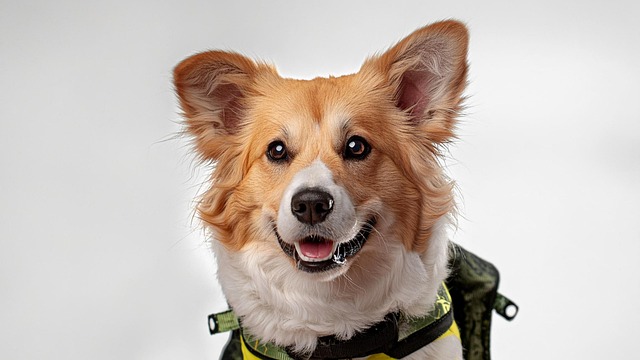
What vitamin is good for dogs' skin
Seeing your dog constantly scratch or noticing dry, flaky skin can make you wonder if a simple vitamin might be the solution.
Bringing home a newborn puppy is an exciting experience, but it’s easy to make mistakes when you’re navigating those first few weeks. Puppies are fragile, and their early development sets the foundation for their health and behavior. Knowing what not to do can make all the difference in raising a happy, well-adjusted dog.
One of the biggest mistakes new owners make is overhandling or rough handling. Tiny puppies are still developing physically, and too much handling—especially if it’s rough—can stress them out or even cause injury. Avoid picking them up too often or letting young children hold them without supervision. Instead, support their entire body gently, keeping interactions calm and brief until they’re stronger.
Feeding mistakes are another common issue. Some owners assume puppies can eat the same food as adult dogs, but their nutritional needs are different. Cow’s milk, for example, can upset their stomachs, and overfeeding can lead to obesity. Stick to a vet-approved feeding schedule with high-quality puppy formula or food, and measure portions carefully to avoid digestive problems.
Socialization is crucial, but timing matters. Keeping a puppy isolated can lead to fearfulness, but exposing them to too much too soon—like crowded dog parks or loud noises—can overwhelm them. The key is gradual exposure. Start with quiet, controlled environments and slowly introduce new sounds, people, and other pets as they grow more confident.
Newborn puppies can’t tell you when something’s wrong, so it’s up to you to watch for signs of illness. Lethargy, refusal to eat, or unusual whining can signal health issues that need immediate attention. Skipping vet visits or delaying care can have serious consequences, so always err on the side of caution and consult a professional if something seems off.
Discipline is another area where well-meaning owners often go wrong. Yelling, physical punishment, or inconsistent rules can confuse a puppy and damage trust. Instead, focus on positive reinforcement—reward good behavior with treats or praise, and redirect unwanted actions calmly. Puppies learn best through patience and consistency.
Raising a newborn puppy isn’t about being perfect—it’s about avoiding the big mistakes that can impact their growth and happiness. By handling them gently, feeding them properly, socializing them at the right pace, staying alert to health concerns, and using positive training methods, you’ll give your puppy the best possible start. Every little step you take now will shape the dog they become.

Seeing your dog constantly scratch or noticing dry, flaky skin can make you wonder if a simple vitamin might be the solution.

If you’re a new dog parent in the US—maybe you’re sitting on your Portland apartment couch, staring at your 1-year-old Australian Shepherd

If you’re a new dog parent in the US—maybe you’re sitting on your Atlanta apartment floor, holding your 6-week-old Beagle puppy, Daisy, who’s curled up in your lap

If you’re a new dog parent in the US—maybe you’re standing in your Denver apartment’s kitchen, staring at a bag of high-quality puppy kibble and a bottle

Seeing your puppy grow daily is amazing, and it’s natural to want to give them every advantage, including supplements.

Brown stains on white dog fur aren’t just unsightly—they can also hint at underlying issues like tear duct irritation or poor grooming habits, which matter even more when you’re following local pet care laws.